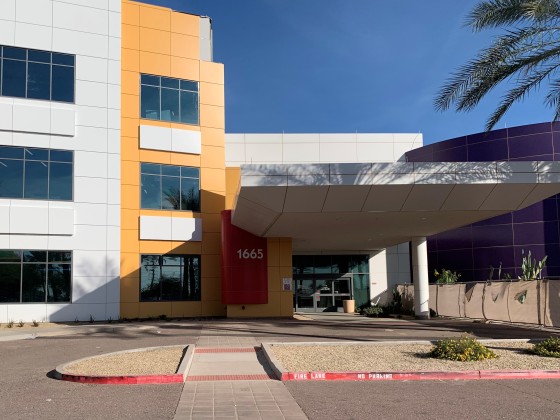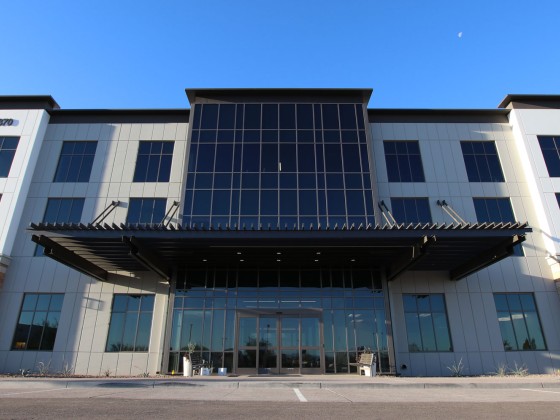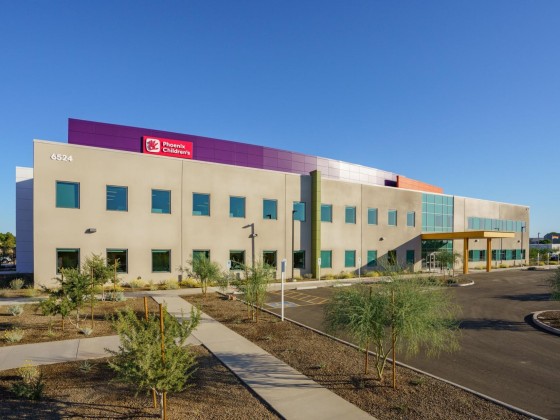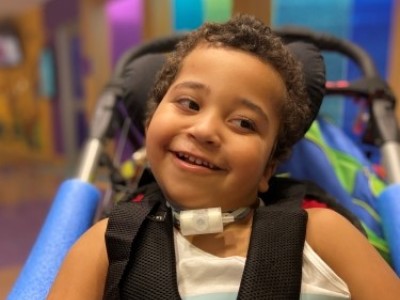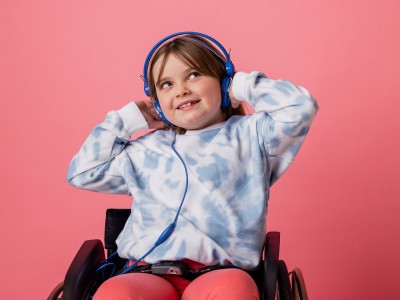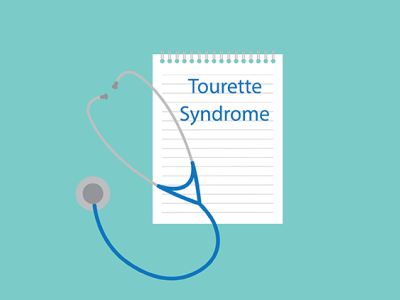The Pediatric Movement Disorders Program at Barrow Neurological Institute at Phoenix Children's provides comprehensive care for a wide range of conditions affecting movement, muscle tone and posture. This includes cerebral palsy, brain or spine injuries, tremors, tics and various neurological disorders.
Our program is led by experienced specialists with advanced training which allows them to manage these complex conditions through a multidisciplinary approach and ensures each patient receives personalized care and treatment.
By integrating advanced medical therapies, rehabilitation services and supportive care, we strive to enhance the quality of life for children dealing with these challenging movement disorders. We use advanced diagnostics and genetic testing to identify and understand the underlying causes of each child's neurological condition, enabling us to develop individualized treatment plans.
Our team collaborates closely with experts throughout Phoenix Children’s in neurosurgery, orthopedic surgery, physical medicine and rehabilitation (PM&R), neuropsychology, psychiatry, psychology and neuroradiology. This integrated approach ensures that every aspect of the child's condition is addressed, fostering optimal outcomes and improving well-being.
We also specialize in diagnosing and treating rare pediatric movement disorders including:
- Paroxysmal dyskinesias– A group of movement disorders characterized by attacks of increase in muscular activity that can result in excessive abnormal movements, excessive normal movements or a combination of both.
- Opsoclonus-myoclonus syndrome– A rare neurological disorder marked by involuntary eye movements, muscle jerks and coordination issues.
- Neurogenetic disorders– Conditions caused by changes in genes and chromosomes that affect the brain, spinal cord, nerves and muscles.
Our team leverages our comprehensive knowledge, as well as national and international collaborative networks to deliver effective treatments, enhancing our patients' development, health and quality of life.
In addition to direct treatment, we take a comprehensive approach to care, recognizing and addressing coexisting conditions that often accompany these disorders. These may include anxiety, ADHD, autism-spectrum disorders, epilepsy, genetic conditions and learning disabilities. Our integrated approach ensures that we provide support not only to our patients but also to their families, addressing all aspects of their well-being. This commitment to care enables us to offer the best possible outcomes and improve the quality of life for children and their families.
The Pediatric Movement Disorders Program at Phoenix Children’s is distinguished for its advanced fellowship training opportunities and we offer deep brain stimulation for children and adolescents.


